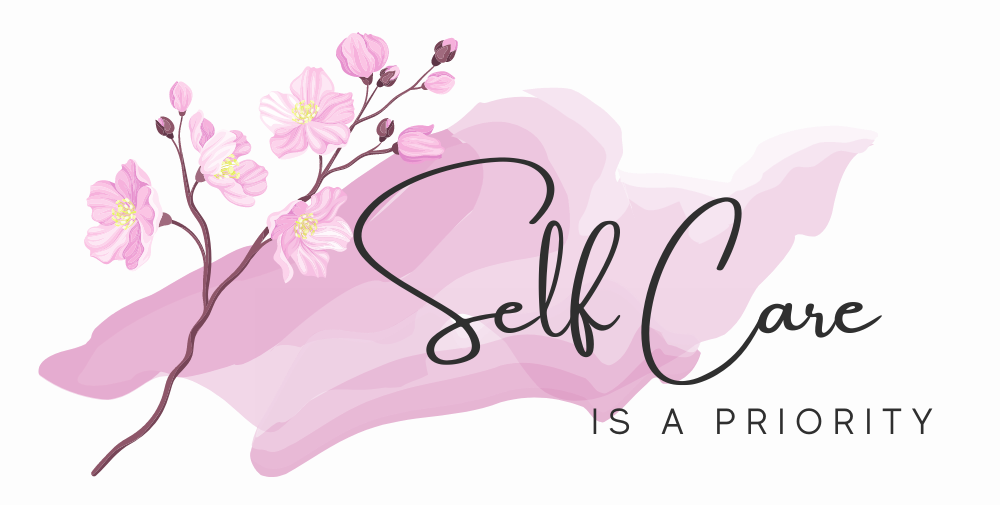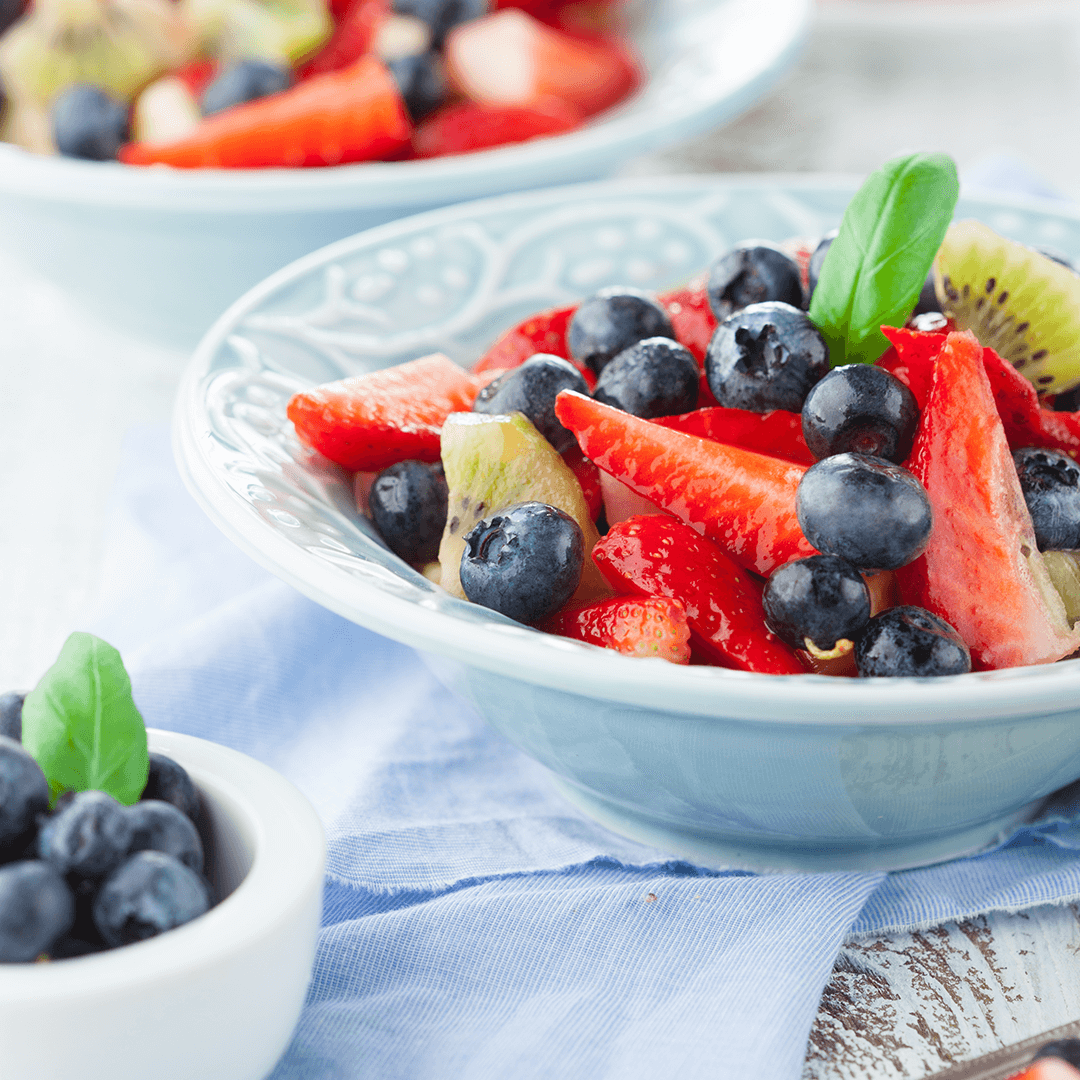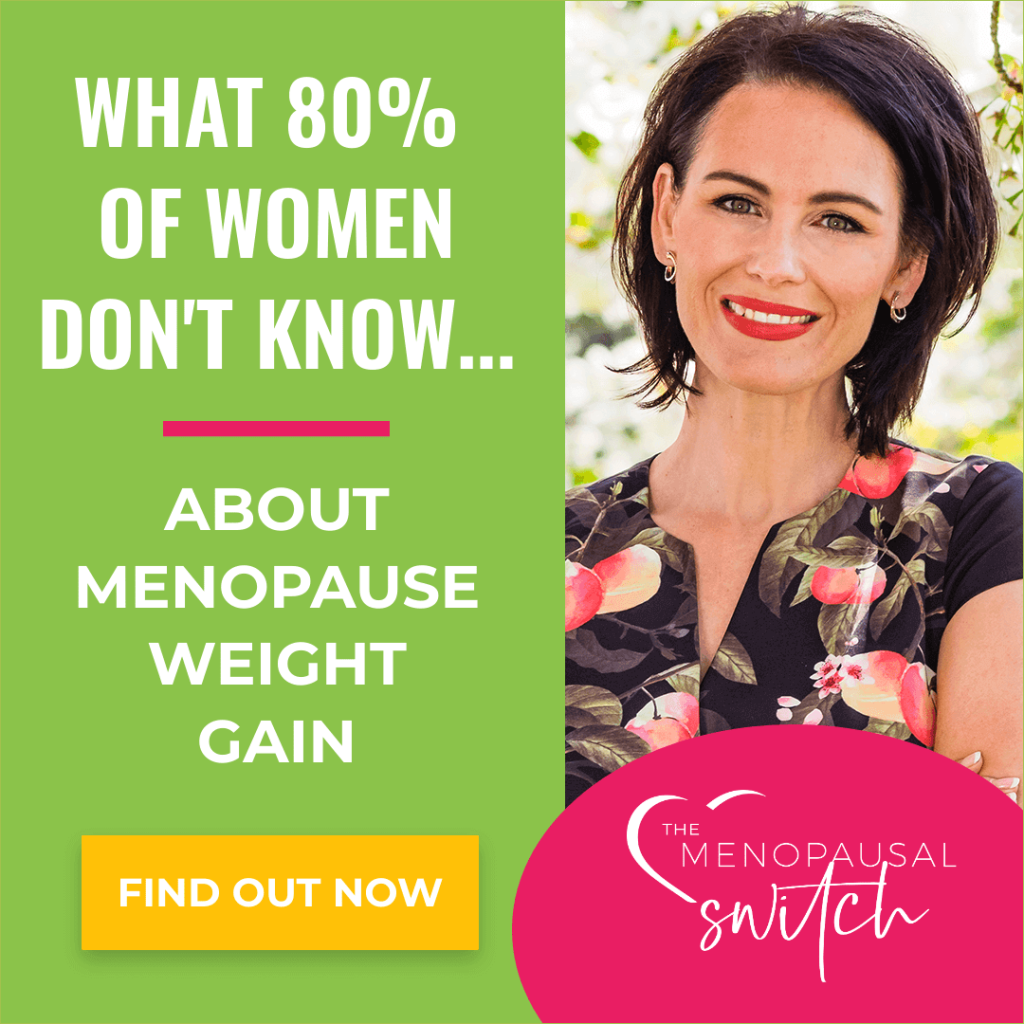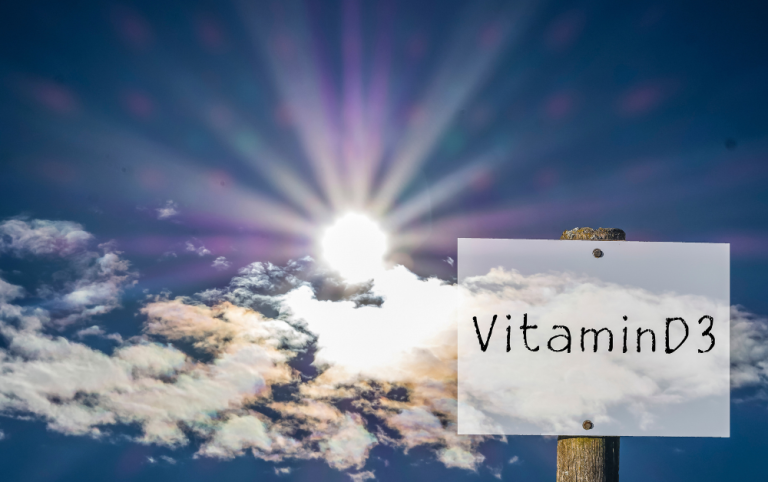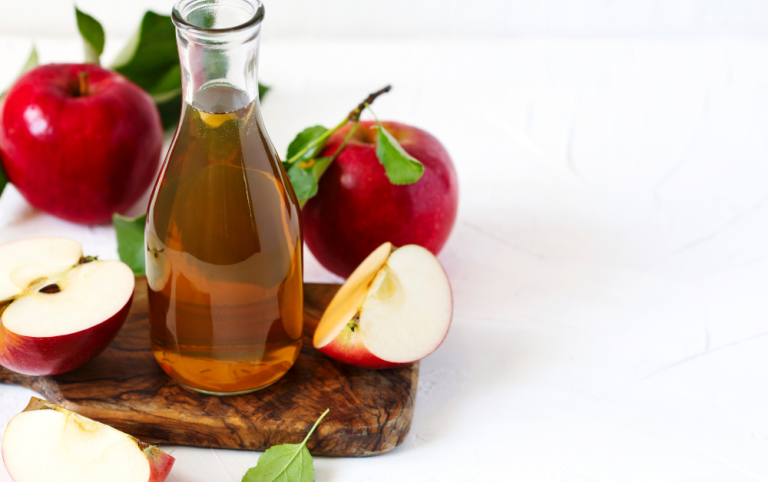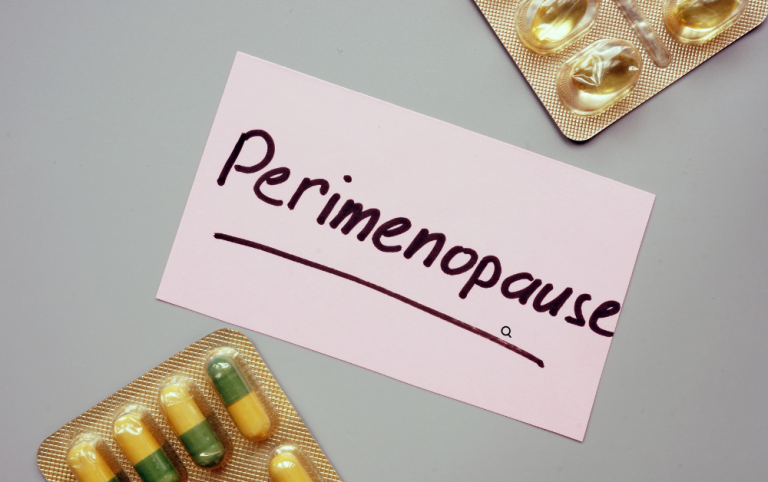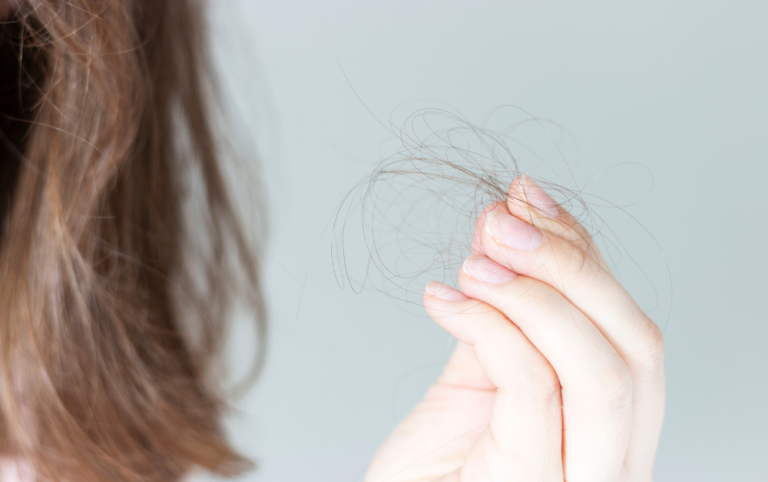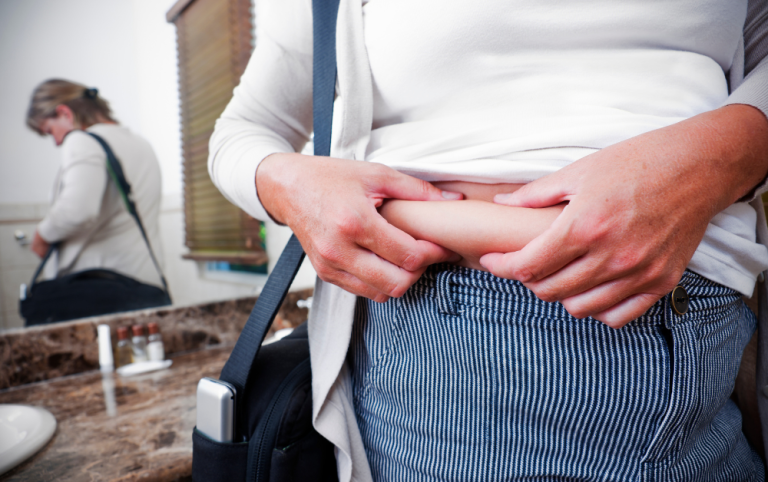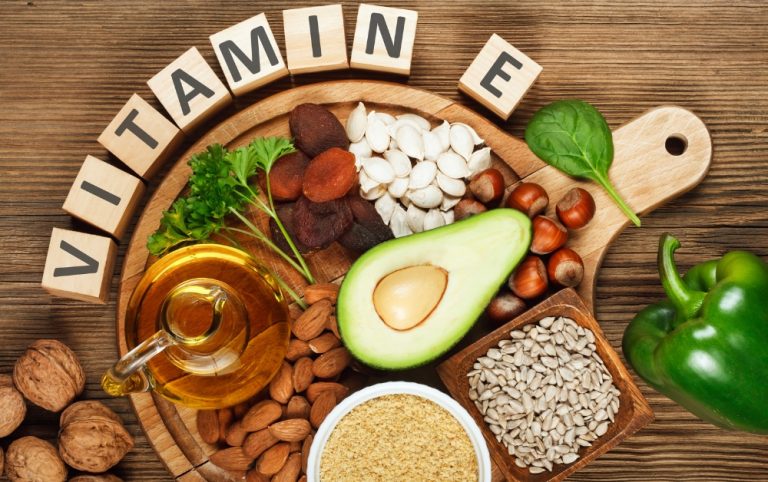Learning About The Foods That Should be Eaten Regularly During Menopause
Natural menopause occurs when the monthly cycle of ovulation comes to an end in a woman’s life. Menopause occurs because the ovarian supply of follicles and eggs declines sharply as a woman approaches her later years of life. So the onset of menopause is basically signifying the end of a woman’s fertility period, when she can no longer get pregnant and have children.
It is easy to see then why so many women find dealing with menopause to be so difficult, and why it can often be so damaging to self-esteem and self-confidence. It is really the symptoms that come with menopause which are the most difficult to deal with of all including hot flashes, night sweats, decreased libido, and vaginal dryness just to name a few.
There are certain things that a woman can do in order in an attempt to relieve these symptoms however, and this refers to options other than prescription medications and other more conventional methods of treatment. There are certain foods that should be eaten regularly during menopause for instance, and if you consume these foods that should be eaten regularly during menopause then you will have a great chance of reliving your symptoms and feeling more like your old self once again.
As Part Of A Balanced Diet
When it comes to the foods that should be eaten regularly during menopause, there are actually quite a few. A good menopause diet should be well-balanced and nutritionally sound, and you can hire a nutritionist to help you out here as they are specifically educated in the field of diet and will be able to customize the perfect eating plan for you, making sure to include an acceptable amount of foods that should be eaten regularly during menopause.
Fresh fruits and vegetables are always important to include in any diet but especially so when you are going through menopause. You should try and stay away from fatty and sugary foods, as well as those that contain caffeine, or anything else that really has no nutritive value. Calcium, vitamins A, C, D, E, K, B-complex, iron, manganese, magnesium, zinc, potassium, fiber, and phytoestrogens are all also recommended for a menopause diet. But remember that obviously there is no single food that contains all of these and so you need to make sure that you are eating a nutritious and well balanced diet each and every day.
